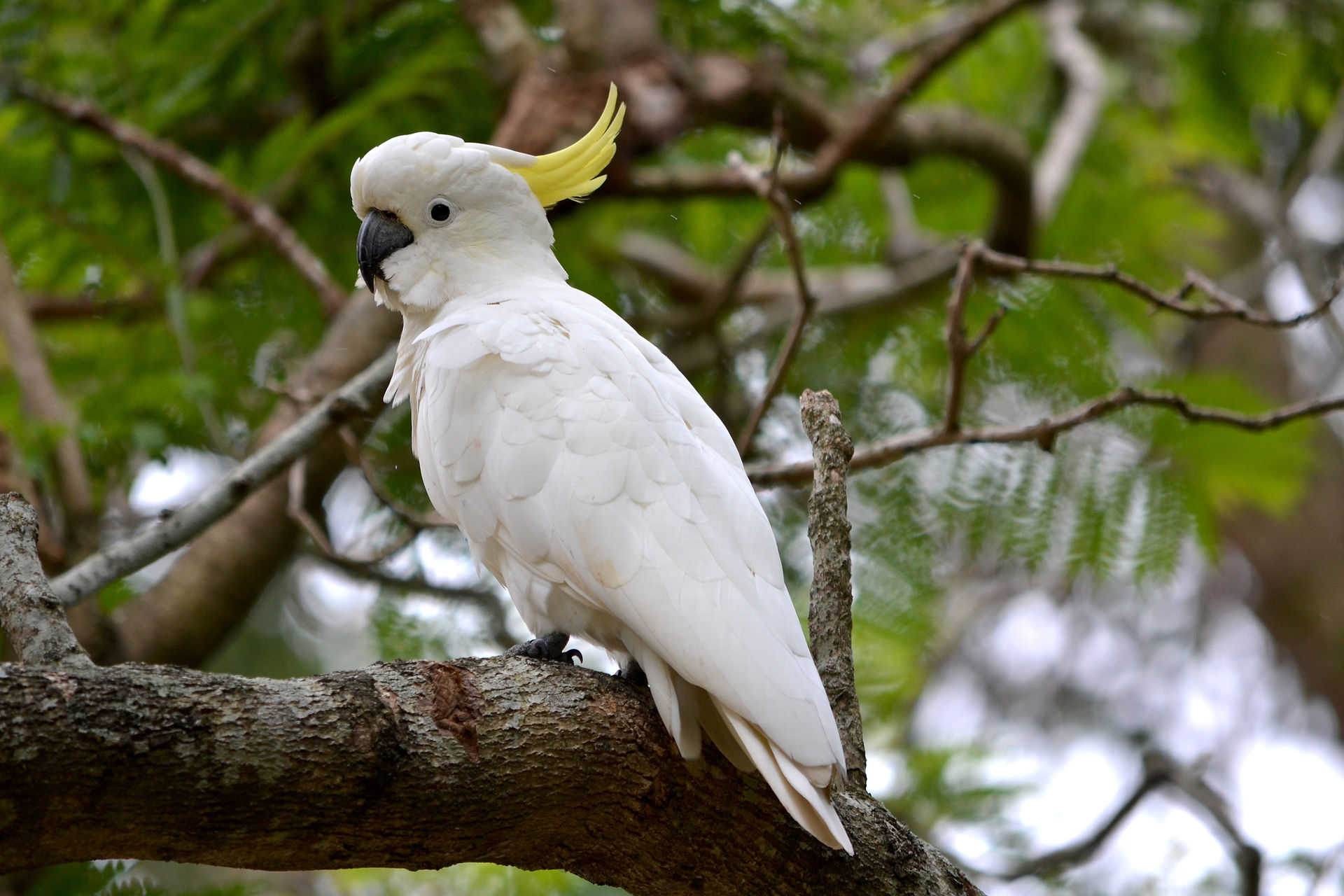
Scream (voice) parrots

Dust / Feather Dust
If you have a parrot, you will surely have feather dust in your home. And this, even more so if you have certain species in particular.
Where does all this feather dust come from?
You will find here some explanations and how to prevent or let's say mitigate this in your home.
When a feather develops, you will notice a distinct sharp protrusion of the skin. As it grows, the feather will take on the appearance of a full feather with a blood vein surrounded by a protective sheath of keratin. This protective sheath will dry out and fall off once the feather has fully matured. The rupture of the keratin sheath is the cause of feather dust.
When birds feed, they meticulously rearrange and rearrange their feathers. They also open the sheaths on new feathers (the little white spikes you often see in their plumage).
These actions are usually followed by a fluff and stir action whereby they send this very nice dust floating throughout your home.
Some species of birds, including cockatoos, African greys, orange-winged amazons, cockatiels, doves also have extra feathers that shed a very fine keratin powder.
This supplement works to waterproof their feathers. Birds with these extra feathers are called "powder birds".
Powder fluff can be a health hazard if you or a family member has allergies, asthma, or respiratory problems. Often valuable information that you will not be told when acquiring your pet.
You may also develop this type of problem in the long term. Your other birds may also develop respiratory problems if you have a powder bird nearby.
There are a few steps you can take to help minimize the occurrence and impact of feather dust in your home and on your health:
- Give your bird regular baths to help rinse dust directly off them. Ideally every 2 days.
- Wipe the surface of your birdcage daily with a damp cloth.
- Change the bottom of the cage every day.
- Wash the floor after changing the bottom of the cage
- Invest in an air purification system for your bird room. This must absolutely be a HEPA filter. Never put a system on ION (deadly for them). It is important to shop well for your system. Some can be very expensive for replacement filters. They can also be very noisy, so check the noise level it generates when in operation. On the other hand, avoid that the draft of the device is in the direction of your bird. It will be harmful for him.
- If you have a big budget, you can also invest in an air exchanger that will make the whole house. This will greatly help the whole family. It will still be necessary to invest in an air purifier in the bird room. If your air exchanger has a HEPA filter, it is best to check it regularly. This will trap a lot of feather dust. If you don't have such a system, open a window for a few minutes each day (but far from your bird, a draft can be fatal). This will make your home airy.
- Use a powerful vacuum cleaner with a HEPA or water filter system or with a good filter to trap fine dust particles.
- Every week, vacuum the furnace and air conditioning filters and replace them at least once a month.
- Use commercial bird grooming sprays, these can reduce the emission of powder.
If you notice health problems related to your respiratory system. Do not delay to act or consult a health professional. Sometimes it can get worse quickly.

.jpg)






